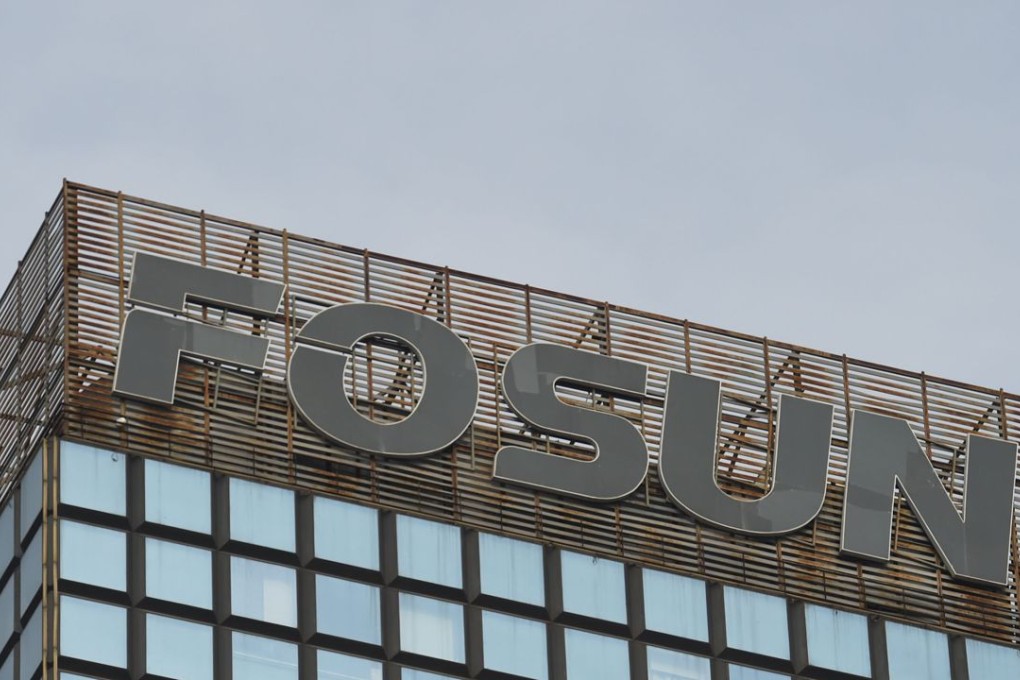New | Hong Kong share suspension rule abuse to stave off price falls under scrutiny after first half surge

Early last Friday before Hong Kong’s stock market opened for business the shares in two listed companies connected to then missing mainland tycoon Guo Guangchang were suspended from trading. The reason given by the firms: pending the release of an announcement containing inside information.
It's a catch all phrase and the frequency with which it is used has long been a bone of contention between the regulator and certain investors.
Supporters of the current listing rules argue that allowing companies to suspend shares, sometimes for days at a time, ensures parity in a historically retail dominated market giving all investors a chance to prepare for materially important news before a company’s ticker trades again.
Others argue trading should continue regardless and the suspension rules are being abused. It now looks like the regulator shares some of the latter group’s concerns.
One executive believes the market should be allowed to continue trading positions on a stock regardless of good or bad news
“Under the rules, trading in securities should be halted only if it is necessary for the protection of investors or the maintenance of an orderly market,” wrote David Graham, Chief Regulatory Officer and Head of Listing at stock exchange operator Hong Kong Exchanges and Clearing (HKEx) in a guidance notice published last Friday.